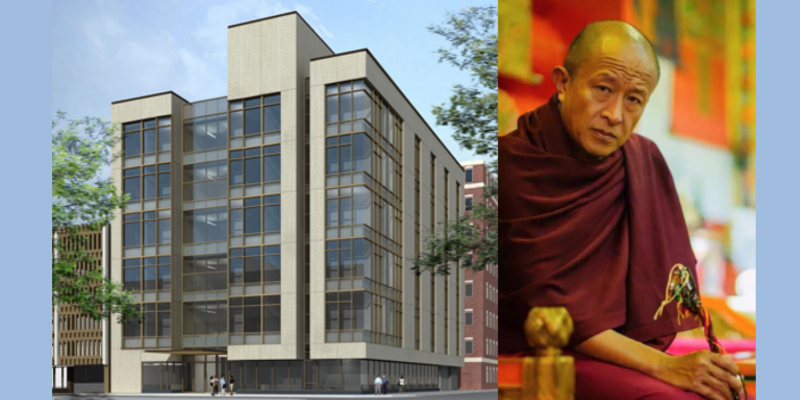The University of Michigan in United States has received a gift of $2.5 Million to established a New Chair in Tibetan Buddhist Studies from the Khyentse Foundation. According to the foundation, this is the largest monetary contribution to Tibetan Buddhist studies in North America.
“The University of Michigan’s College of Literature, Science, and the Arts has received a gift of $2.5 million to establish the Khyentse Gendun Chopel Professorship of Tibetan Buddhist Studies, which will further enhance one of the largest Buddhist studies programs in North America. The gift is largest dedicated to the study of Tibetan Buddhism in North America.” said the press release by Khyentse Foundation on Wednesday.
Tibetan Buddhism is a widely popular tradition of Buddhism practiced in Tibet, Nepal, India, Mongolia, and China which today has millions of followers around the world. The professorship named after the Tibetan poet Gedun Choephel aims to teach courses and conduct research to advance knowledge of Tibetan Buddhism beginning the coming fall. This research will be shared with students and scholars of Buddhism around the globe, enriching knowledge and understanding of an ancient religion whose teachings continue to inspire the modern world. This chair is the second such Khyentse chair in North America after University of California, Berkeley.
“As citizens of a world that is ever shifting, changing and even precarious, we must all seek and contemplate sources of strength and sanity. For centuries, Buddhist study and practice have proved to bring stability and harmony to both individuals and society,” said Dzongsar Jamyang Khyentse Rinpoche, founder of Khyentse Foundation. “So in this day and age, it is more crucial than ever that such wisdom be preserved and kept alive in important institutions of learning like the University of Michigan.”
Khyentse Foundation is an international 501(c)3 nonprofit organization founded in 2001 by Dzongsar Khyentse Rinpoche. The foundation supports all traditions of Buddhist study and practice, with beneficiaries in 30 countries over the past 17 years.

